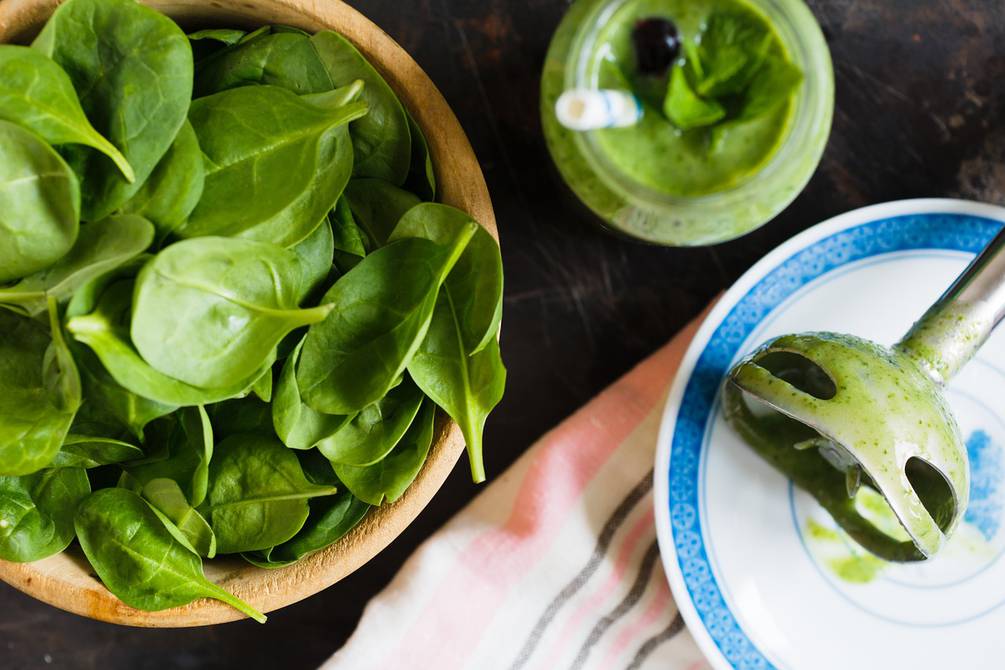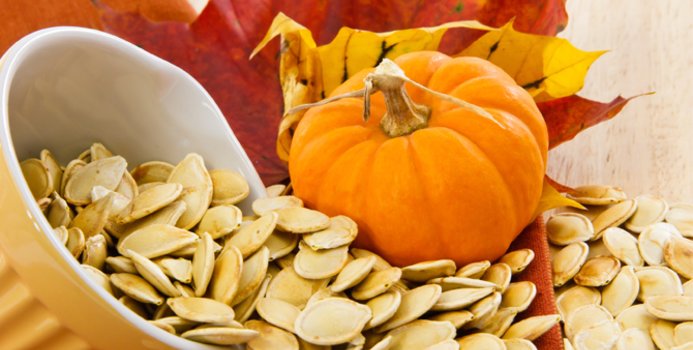
The truth about the properties they provide, their contradictions and how to take advantage of them.
The Popeye cartoons recorded in our minds that spinach is a source of strength. However, the benefits –and contradictions– of this vegetable exceed fiction, positioning itself in our daily lives as an essential food.
And what better than the voice of nutrition experts to explain it.
Spinach is known to be the vegetable with the most calcium on the market (147.3 mg), providing amounts of potassium and vitamins A and C. Even so, it is not a favorite when placing them on a plate, due to their unattractive color and little imagination when it comes to cooking with them, turning them into a uniform vegetable, which only comes to mind for ‘certain recipes’.
Excellent expectations when consuming them
This vegetable is rich in minerals such as iron, magnesium, and vitamin B12, all of which are important components for healthy blood and bones. “If you have anemia or another disease of iron, folic acid or other mineral deficiency, it may be due to the absence of spinach in your diet,” says Xiomara Guerra, an expert in nutrition and dietetics.
Among its functions is the strengthening of bones due to its high content of vitamin K, this element gives us a hand by retaining calcium for proper bone mineralization, also preventing arteriosclerosis.
Vitamin A and C, along with lutenia (a pigment found in some plants) prevent the oxidation of bad cholesterol in the arteries, reducing the chances of suffering from diseases associated with bone problems.
Guerra highlights an investigation from the Karonlinska Institute, in Stockholm, showing that nitrates present in vegetables such as spinach, produce nitric oxide, exerting a vasodilator effect on the arteries, thus helping to control hypertension.
Another of their benefits is that they are ideal for weight loss regimes due to their low calories and high water content; An investigation from the University of Lund, in Sweden, confirmed the presence of thylakoids in spinach, these substances are membrabs in the leaves that cause a feeling of satiety up to 95% and promote weight loss in 43%.
On the other hand, these vegetables have anti-inflammatory properties, diseases such as arthritis, headache and asthma can be prevented with the regular consumption of spinach. They also contain keratin, an antioxidant that helps prevent infections and inflammation.
However, there are contraindications that you must take into account before consuming them, professionals say. For example, individuals who suffer from allergies, kidney or gallbladder problems and people who are taking a blood thinner.
It is a vegetable with many benefits, but people who already suffer from high-risk diseases should not consume them to avoid complications (…) if you do not suffer from them, it is important to consume them regularly ”, conclude nutrition experts.
Delicious spinach recipes on your table
Spinach can be prepared in many ways, turning them into delicious dishes on the palate to share with those we love the most. While remembering the amount of properties that contribute to our health.
“If you are going to consume spinach, both in drinks or salads, you have to let it soak in water for at least 20 minutes before preparation,” warns the nutritionist Guerra.









